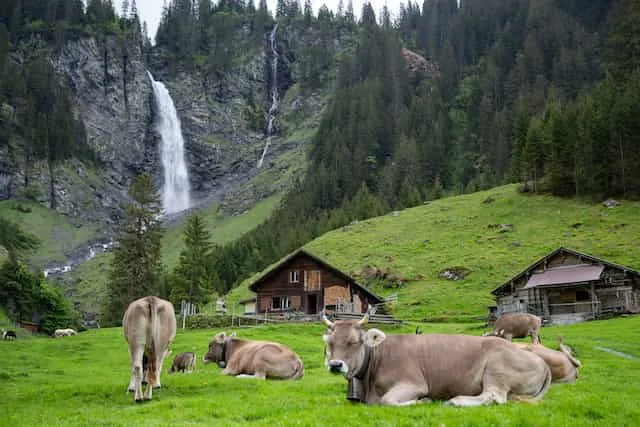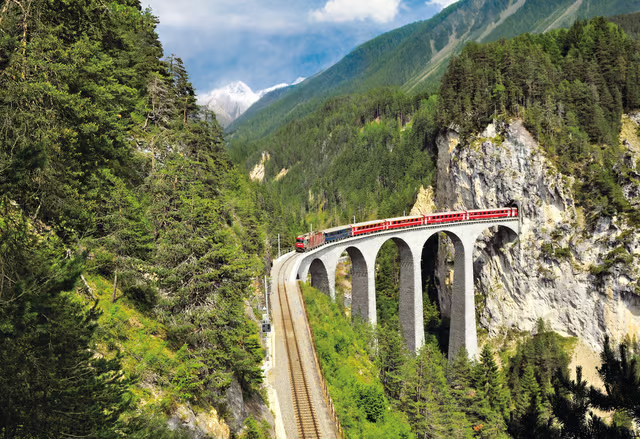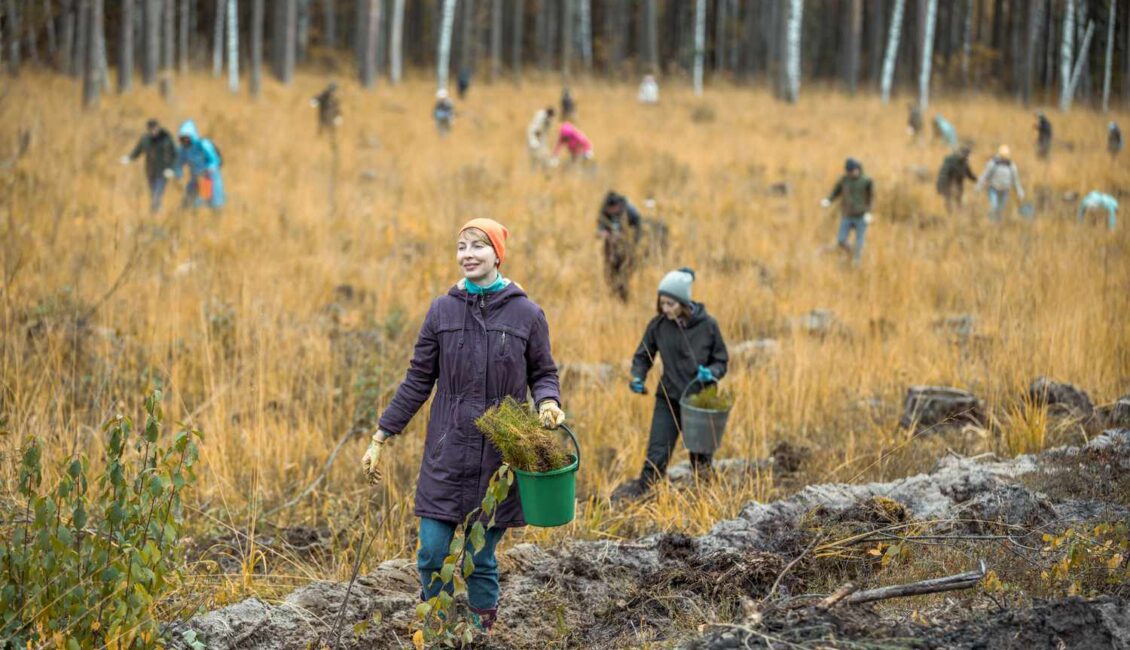hongkongmark.com – Switzerland, with its breathtaking alpine scenery, pristine lakes, and charming villages, has long been a dream destination for travelers. In recent years, as climate change and environmental conservation have become global concerns, more visitors are seeking eco-friendly and sustainable ways to experience Switzerland. Fortunately, Switzerland is one of the world’s leaders in sustainable tourism, making it easy for travelers to explore responsibly.
Why Choose Switzerland for Sustainable Travel?
Switzerland has a deep-rooted respect for nature and a commitment to environmental protection. From clean energy initiatives to strict conservation efforts, the country offers travelers a destination where nature and tourism coexist harmoniously.
Here’s how you can enjoy eco-conscious adventures in Switzerland while leaving a minimal footprint.
1. Embrace Switzerland’s Exceptional Public Transport
One of the best ways to reduce your carbon footprint is by using Switzerland’s world-class public transport system. The Swiss Travel System connects even the most remote alpine towns via trains, trams, buses, and boats—all operating on eco-friendly standards.
The scenic Glacier Express, Bernina Express, and other panoramic trains offer breathtaking views while reducing the need for car rentals. Plus, many trains run on hydropower, making them one of the greenest transport options in Europe.
2. Stay in Sustainable Accommodations
Switzerland is home to a variety of eco-certified hotels, lodges, and guesthouses. Look for accommodations labeled with certifications like “Swisstainable”, Green Globe, or ibex fairstay, which ensure that the establishment meets strict sustainability criteria.
From eco-lodges in the Alps to city hotels that use renewable energy and support local communities, Switzerland offers numerous options for conscious travelers.
3. Choose Slow Travel Experiences
Switzerland encourages travelers to adopt slow travel, focusing on immersive and mindful experiences rather than rushing through popular spots. Hike or bike along the country’s extensive network of marked trails, including the famous Via Alpina or the Swiss National Park, the country’s oldest protected natural area.
Opting for hiking, cycling, or even e-biking reduces emissions while allowing you to deeply connect with Switzerland’s landscapes and wildlife.
4. Support Local and Organic
Farm-to-table dining is integral to sustainable travel. Switzerland’s commitment to local produce means you’ll find many restaurants and markets offering organic and seasonal foods. Try Alpine cheeses, fresh lake fish, and locally-sourced vegetables at eco-conscious restaurants that prioritize regional suppliers.
Additionally, visiting local farmers’ markets or family-owned dairies in mountain villages supports small businesses and reduces food miles.
5. Respect Nature and Local Culture
While Switzerland boasts incredible natural beauty, visitors play a vital role in preserving it. Follow marked trails, practice Leave No Trace principles, and respect wildlife habitats, especially in national parks and alpine regions.
Engage with local traditions and communities, whether by participating in traditional festivals, staying in family-run chalets, or learning about sustainable practices directly from Swiss locals.
6. Discover Renewable Energy Sites
Switzerland is also known for its use of hydroelectric and solar power. Some destinations offer eco-tours where you can visit hydropower plants, solar farms, or energy-efficient architectural landmarks to learn about Switzerland’s commitment to renewable energy.
For example, the Monte Rosa Hut, located in the Alps, is an iconic eco-building powered largely by solar energy and sustainable technologies.
Final Thoughts
Switzerland is a shining example of how tourism and environmental stewardship can go hand in hand. By traveling mindfully—using green transportation, supporting local businesses, and respecting nature—you’ll contribute to preserving the stunning landscapes of this alpine paradise.
So, whether you’re dreaming of hiking in the Swiss Alps, riding a solar-powered boat on Lake Lucerne, or tasting organic fondue in a mountain hut, Switzerland offers a model for sustainable travel that’s both rewarding and inspiring.




